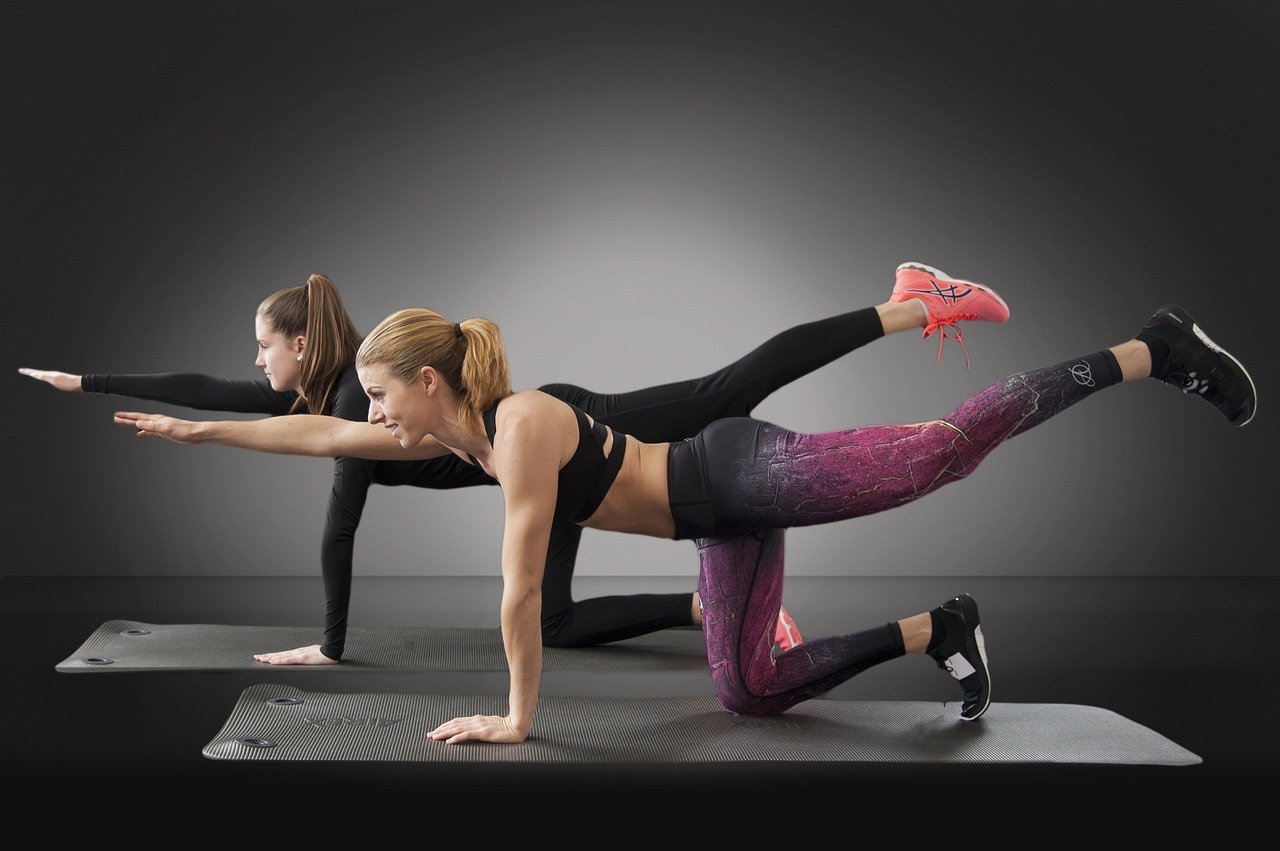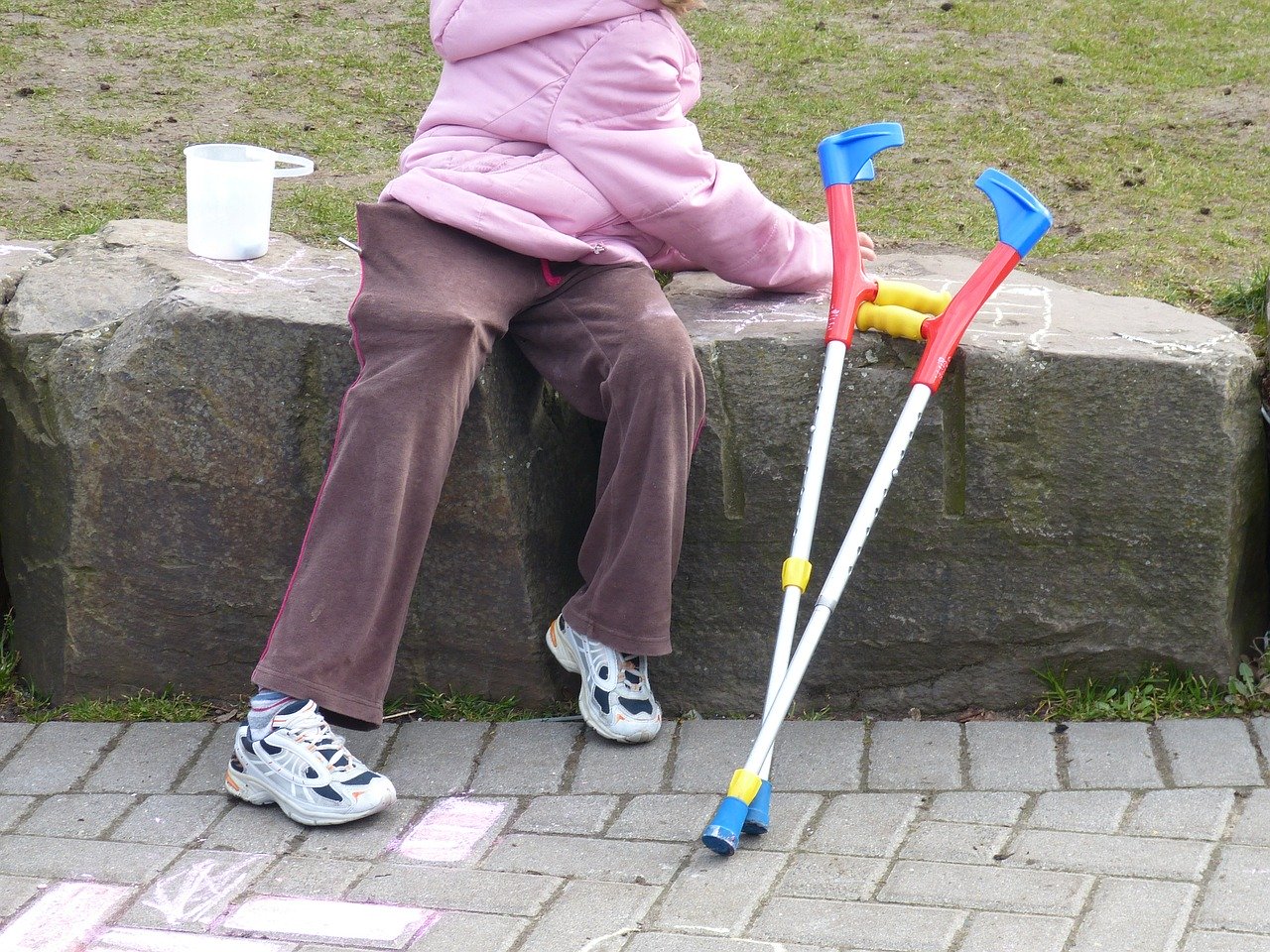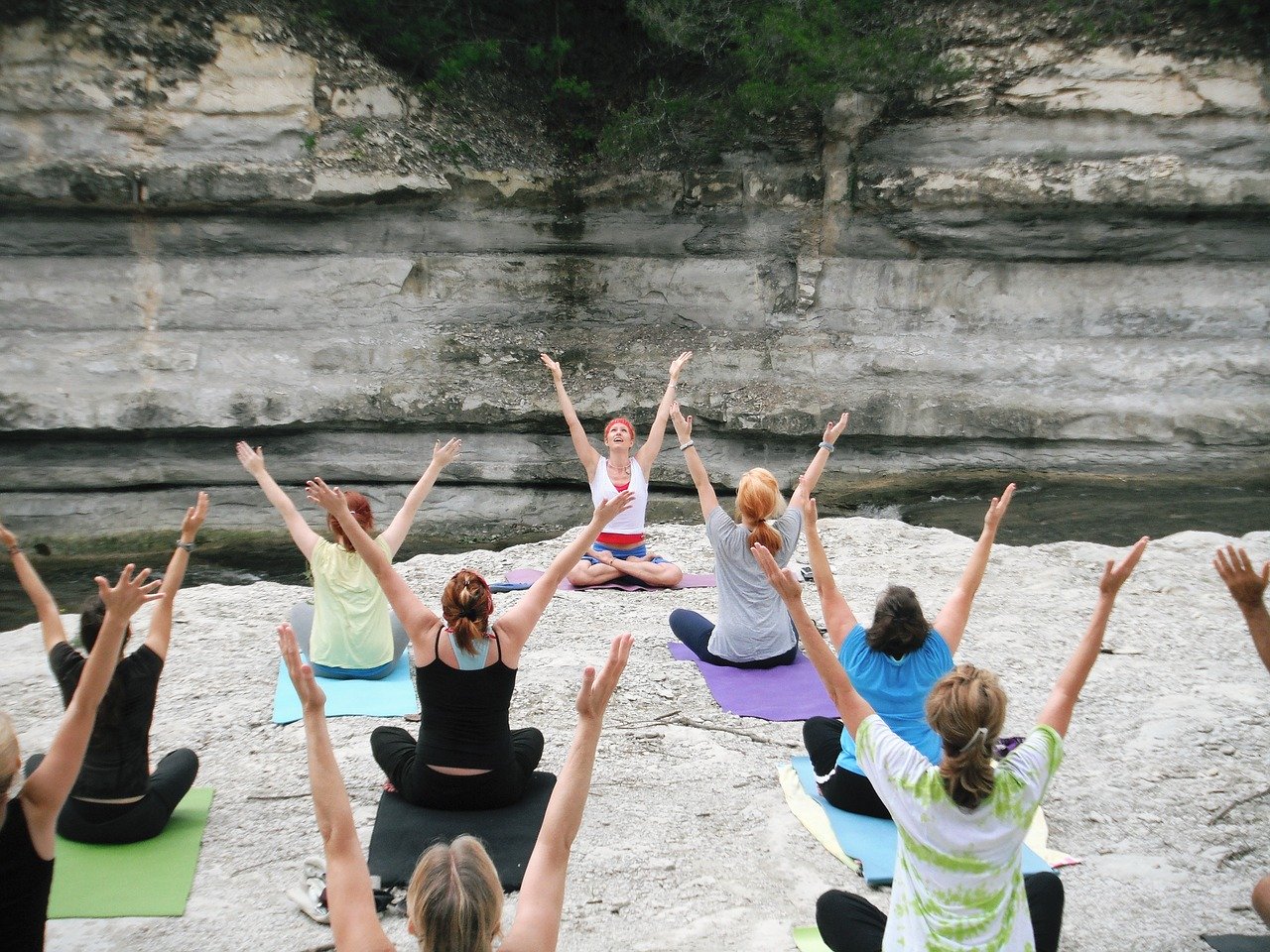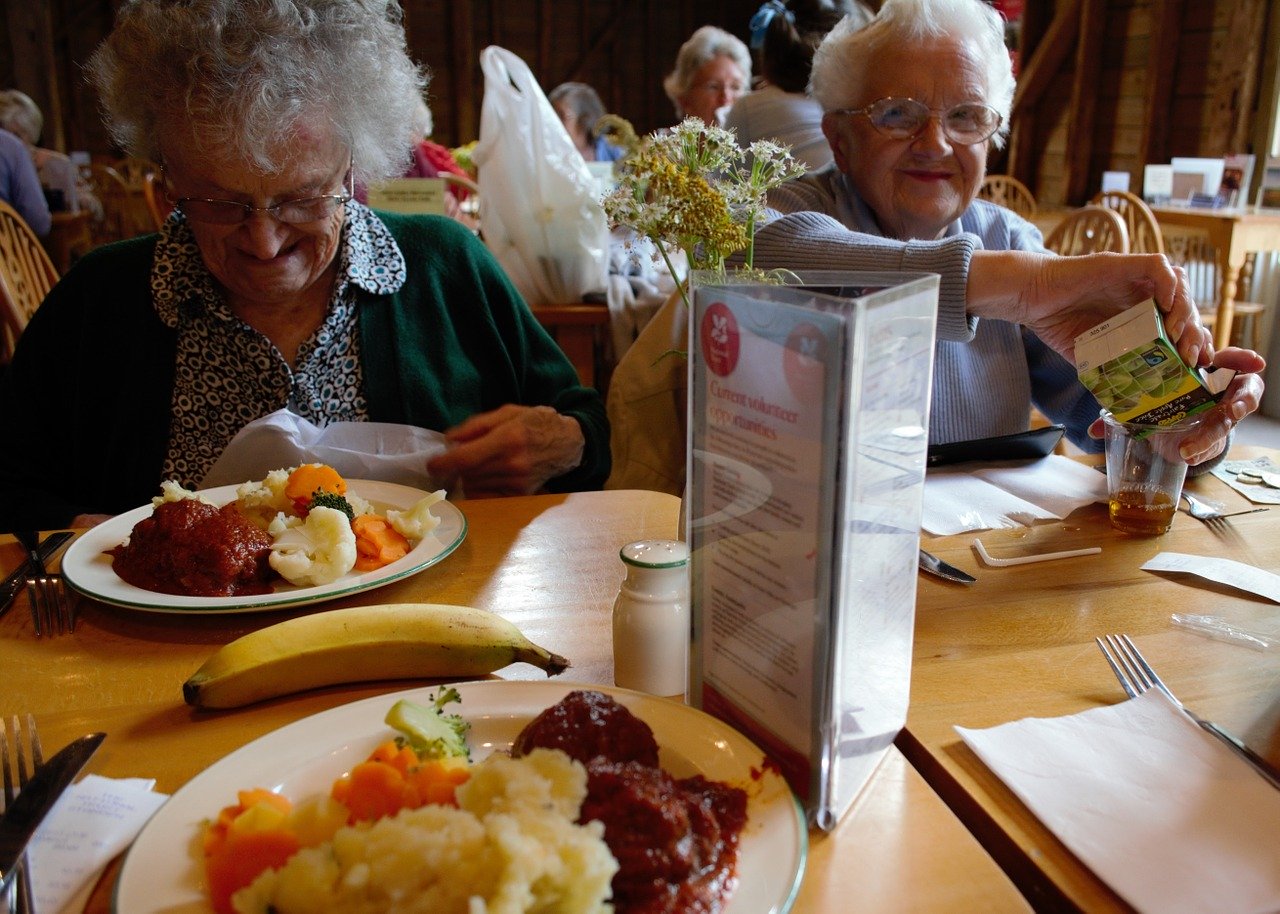In April 2020 researchers from Brazil published their review of the medical scientific literature to assess the effectiveness of dance in the health of adults and elderly individuals. Only seven … Read more
Regular dance sessions undertaken by adult grandchildren with their grandparents appears to create a change in the grandparents’ state of mind, bringing about good memories and uplifted spirits, whilst for the grandchild it alters their perspective of old age
In April 2020 researchers from Israel published the results of their study to assess the benefits of free-form dance undertaken by adult grandchildren with their grandparents. The researchers stated that … Read more
The playback method has an impact on the level of body motion when people are listening to music with individuals generally moving more when listening through headphones as opposed to speakers
In April 2020 researchers from Norway published the results of their study to assess whether spontaneous movement responses to music are similar if the music is heard through headphones or … Read more
Argentinian Tango courses for individuals with Parkinson’s disease appear to improve stability and increase mobility whilst reducing body fatigue, anxiety, shame and frustration as well as bringing about greater self-confidence and self-assurance
In January 2020 researchers from Germany published the results of their study to assess the effect of the Argentinian Tango on individuals with Parkinson’s disease. The researchers stated it is … Read more
The Paleolithic diet plus a supervised exercise training programme appears to produce an improvement in cardiac fat, structure and function in individuals with diabetes type 2
In January 2019 researchers from Sweden and Iceland published the results of their study to assess the effects of a Paleolithic diet, with and without additional supervised exercise training, on … Read more
Preschoolers undertaking the All 4 Kids dance programme appear to have a greater improvement in movement skills, eg balance, hopping and crossing the midline, than those who develop naturally
In April 2020 researchers from the USA published the results of their study to assess whether a dance instruction (All 4 Kids programme) had a greater impact than natural development … Read more
Whilst both Pilates and a muscular exercise improve body composition, Pilates appears to be better at improving the general functional condition of older women, whilst muscular exercise appears better for improving balance
In December 2018 researchers from Spain published the results of their study to assess the the effect of two different training programs on functional autonomy (the ability to perform independently … Read more
Exercise training, in the form of Stott Pilates or underwater knee-resistance exercises, appears to decrease pain, improve range of motion, knee strength, functional capability, and quality of life in children and adolescents with juvenile idiopathic arthritis
In January 2019 researchers from the USA published their review of the medical scientific literature to assess the safety and effectiveness of exercise training for children and adolescents with juvenile … Read more
In individuals with hypertension, the greatest reduction in blood pressure levels was seen in those who practiced yoga, followed by Zumba dance and finally aerobics
In February 2020 researchers from India published the results of their study to assess the effectiveness of yoga, Zumba dance, and aerobic exercises in controlling blood pressure levels in Indian … Read more
Top-level female footballers undertaking an intense 3-week training period prior to a competition found that beta-alanine supplementation taken during the same time period had no impact on the worsening of their high-intensity intermittent exercise capacity
In April 2020 researchers from Brazil published the results of their study to assess whether beta-alanine supplementation taken during a short-duration intense football-specific training period prior to an international competition … Read more
Reducing computer/video game usage and increasing physical activity may improve depression, anxiety and social phobia symptoms in adolescents
In January 2019 researchers from the USA published the results of their study to assess whether television viewing and computer/video game usage had any effect on major depressive disorder, generalized … Read more
Moderate physical activity, watching television/movies for less than 3 hours/day and sitting for under 8.5 hours/day in total reduces the risk and progression of atherosclerosis
In February 2019 researchers from the USA published the results of their study to assess the association between sedentary behavior and physical activity on risk of atherosclerosis in a Mexican … Read more
When compared to watching television, videos or DVDs for under 7 hours/week, watching for over 21 hours/week appears to increase the risk of atherosclerosis by approximately 80%
In January 2019 researchers from Greece published the results of their study to assess the association between television viewing, as a sedentary behaviour pattern, and risk of atherosclerosis. A total … Read more
A sleep duration of over 10 hours/night appears to be associated with lower BMI scores in children
In February 2019 researchers from Germany published the results of their study to assess the association between sleep duration and physical activity and overweight/obesity in German primary school children. A … Read more
Aerobic exercise appears to significantly improve executive functioning (eg the ability to pay focused attention to and to listen, to start, plan or complete tasks or even switch among tasks) in adults at risk for cognitive decline
In January 2019 researchers from the USA published the results of their study to assess the effect of aerobic exercise and the Dietary Approaches to Stop Hypertension (DASH) diet on … Read more
Sleep and dietary patterns, technology and internet usage, perinatal factors, breastfeeding, birth delivery mode and exercise all appear to have an effect on the amount of impulsive behaviour seen in children and adolescents with attention deficit/hyperactivity disorder
In September 2019 researchers from Spain published the results of their study to assess the association between weight, birth attributes, exercise and sleep habits, dietary intake and impulsive behaviour in … Read more
Scientists, public health practitioners and parents need to better understand the content of their child’s screen time, how they use screens to fulfill specific needs, and how their interaction with screens has an impact on their health and choices
In May 2020 researchers from the USA published their review on the association of extended television viewing with obesity in adolescents. The researchers stated that on a global basis, adolescent … Read more
A life filled with worthwhile activities may promote well-being and healthy aging in the older individual
In January 2019 researchers from the UK published the results of their study to assess the wider implications of feeling that the things undertaken in one’s life are worthwhile. A … Read more
Adults genetically at risk of developing hypertension who take vitamin B2 (riboflavin) supplementation may reduce their systolic blood pressure by up to 13 mmHg, which could be clinically important seeing that a 10 mmHg reduction in systolic blood pressure is estimated to decrease the risk of stroke by 40%
In April 2020 researchers from the UK published their review to assess the association between nutrition and risk of hypertension. Hypertension contributes to over 9 million deaths per annum, mainly … Read more
Physical exertion, during times of limited calorie intake, appears to impair cognitive control, worsen mood (tension, depression, anger, vigour, fatigue, and confusion) and increase perceived exertion
In June 2019 researchers from the USA published the results of their study to assess cognitive control during periods of sustained physical exertion and limited caloric intake. The researchers stated … Read more




















